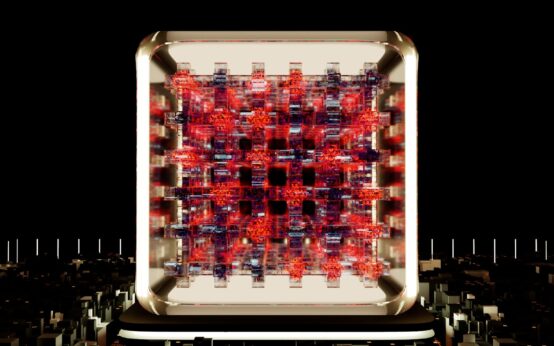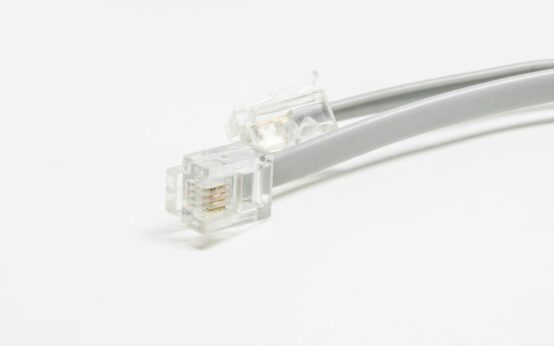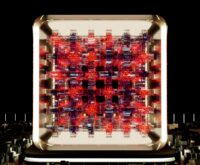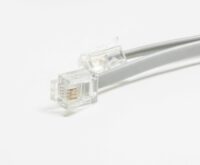The Role of Governance Tokens in Decentralized Protocols
Imagine a world where internet users, not corporations, call the shots. That’s the promise of Web3, and at the heart of this revolution lie decentralized protocols governed by their communities. But how does this community governance actually work? Enter: governance tokens.
These tokens are more than just speculative assets; they’re the keys to unlocking a new era of digital democracy. They represent voting rights within a protocol, giving token holders a direct say in its development and future direction. Think of them as digital ballots, empowering users to actively participate in shaping the platforms they use.
What Makes Governance Tokens Tick?
Governance tokens operate on the principle of distributed ownership. By holding tokens, users gain a proportional share of influence in the protocol’s governance processes. This can include proposing and voting on upgrades, determining fee structures, and even electing project leaders.
How Governance Tokens Empower Communities
- Direct Democracy: No more centralized control! Token holders directly vote on proposals that impact the protocol.
- Transparency and Accountability: All voting activity is recorded on the blockchain, ensuring transparent and auditable decision-making.
- Aligned Incentives: Token holders are incentivized to act in the best interest of the protocol, as its success directly impacts the value of their tokens.
Different Flavors of Governance Models
Not all governance models are created equal. Several approaches exist, each with its own strengths and weaknesses:
- On-Chain Voting: Decisions are executed automatically through smart contracts based on the voting outcome. This offers high transparency and security but can be less flexible.
- Off-Chain Voting: Voting occurs outside the blockchain, often through forums or dedicated platforms. This allows for more nuanced discussions and flexibility but can be susceptible to manipulation.
- Quadratic Voting: This innovative model amplifies the voice of smaller stakeholders by weighting votes based on the square root of the number of tokens held, promoting fairer representation.
- Delegated Voting: Token holders can delegate their voting power to trusted experts or community members, streamlining the decision-making process for those less involved.

The Challenges and Future of Governance Tokens
While governance tokens offer a promising path towards decentralization, they face certain challenges:
- Voter Apathy: Not all token holders actively participate in governance, potentially leading to low voter turnout and skewed outcomes.
- Whale Influence: Large token holders can exert significant influence, potentially overshadowing the voices of smaller stakeholders.
- Security Risks: Governance systems can be vulnerable to hacking and manipulation, highlighting the importance of robust security measures.
“The future of decentralized governance hinges on our ability to address these challenges and create systems that are truly inclusive, secure, and efficient.”
Despite these challenges, the potential of governance tokens is undeniable. As the Web3 ecosystem matures, innovative solutions are constantly being developed to improve governance mechanisms, increase participation, and mitigate risks. The future of decentralized protocols relies on the continued evolution of these powerful tools, empowering communities to shape the digital landscape we all share.
Real-World Examples of Governance Tokens in Action
- MakerDAO (MKR): MKR holders govern the Maker protocol, which manages the DAI stablecoin, including setting stability fees and collateralization ratios.
- Compound (COMP): COMP token holders vote on protocol upgrades, interest rates, and other key parameters.
- Aave (AAVE): AAVE holders participate in governance decisions related to the Aave lending and borrowing platform.
From decentralized finance (DeFi) to social media platforms, governance tokens are transforming the way we interact with the internet. By empowering communities and fostering innovation, they are paving the way for a truly decentralized future.
Conclusion
Governance tokens are more than just a technical innovation; they represent a fundamental shift in power dynamics. By giving users a direct say in the platforms they use, they are ushering in a new era of digital democracy. As the Web3 ecosystem continues to evolve, governance tokens will play an increasingly crucial role in shaping the future of the internet, empowering communities and unlocking the full potential of decentralization.



 Backtest Crypto Trading Strategies: A Complete Guide
Backtest Crypto Trading Strategies: A Complete Guide  NFT Standards: A Cross-Chain Guide for Creators & Collectors
NFT Standards: A Cross-Chain Guide for Creators & Collectors  Decentralized Storage: IPFS & Arweave Explained Simply
Decentralized Storage: IPFS & Arweave Explained Simply  How to Calculate Cryptocurrency Taxes: A Simple Guide
How to Calculate Cryptocurrency Taxes: A Simple Guide  Your Guide to Music NFTs & Top Platforms for 2024
Your Guide to Music NFTs & Top Platforms for 2024  TradingView for Crypto: The Ultimate Trader’s Guide
TradingView for Crypto: The Ultimate Trader’s Guide  Backtest Crypto Trading Strategies: A Complete Guide
Backtest Crypto Trading Strategies: A Complete Guide  NFT Standards: A Cross-Chain Guide for Creators & Collectors
NFT Standards: A Cross-Chain Guide for Creators & Collectors  Decentralized Storage: IPFS & Arweave Explained Simply
Decentralized Storage: IPFS & Arweave Explained Simply  How to Calculate Cryptocurrency Taxes: A Simple Guide
How to Calculate Cryptocurrency Taxes: A Simple Guide  Your Guide to Music NFTs & Top Platforms for 2024
Your Guide to Music NFTs & Top Platforms for 2024  TradingView for Crypto: The Ultimate Trader’s Guide
TradingView for Crypto: The Ultimate Trader’s Guide